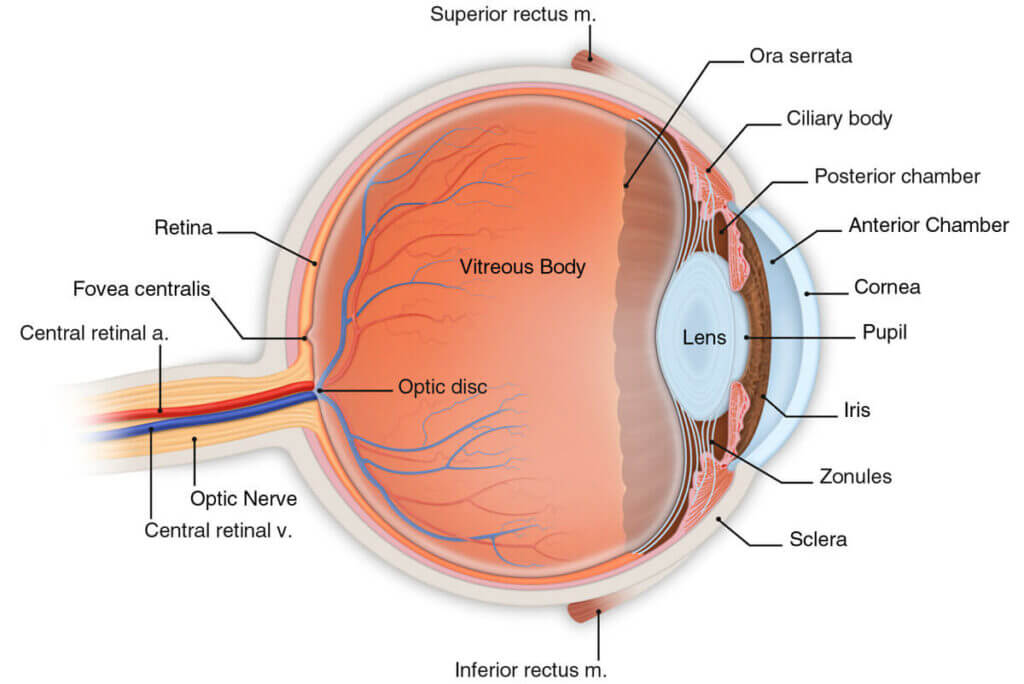Vision & Vitamins: No clear evidence Coenzyme Q10 helps eye health

Coenzyme Q10 (CoQ10) has become a popular supplement which is said to help with a number of health issues including cataract and macular degeneration in the eye, but the Mayo Clinic gives it a “C” grade for its benefits in the eye (meaning the evidence is unclear to support its use). CoQ10 is also called Q10, Vitamin Q10, ubiquinone, and ubidecarenone. It acts as an antioxidant in the body and has a role in producing ATP which is a molecule which provides energy to cells. CoQ10 deficiency has not been reported in the general population and it is estimated that a varied diet will provide up to 25% of the measured plasma CoQ10 and that the body naturally makes the remainder. Primary CoQ10 deficiency is a rare inherited disorder that causes neurologic and muscular dysfunction.
For healthy individuals there is not strong evidence to show that CoQ10 supplements improve athletic performance or prolong life. There may be some specific circumstance where CoQ10 supplementation may be helpful. There is some scientific evidence to show that it may be helpful in chronic heart failure and in the treatment of high blood pressure but more studies are needed. CoQ10 has also been thought to be helpful in specific cancer patients who are undergoing chemotherapy. There are not enough studies to show that CoQ10 is helpful for eye conditions such as macular degeneration. According to some sources CoQ10 should not be used for diabetes, hepatitis C, or Huntington’s disease.
There have been some studies that use CoQ10 eye drops for some specific conditions affecting the retina, cornea, and optic nerve. While early studies are promising for specific diseases, more studies are needed. More commonly studies have used a tablet or capsule, injection, or intravenous (IV) CoQ10. There are some side effects including insomnia, elevated liver enzymes, rash, heartburn, and fatigue that have been reported when using CoQ10. As with all supplements be sure to check with your doctor or pharmacist before starting to take CoQ10 as it may interact with other medications (in particular blood thinners).
Foods that contain higher amounts of CoQ10 include beef, herring, chicken, soybean, canola oil, rainbow trout, roasted peanuts, sesame seeds, pistachio nuts, broccoli, cauliflower, orange, strawberries, and eggs. A varied diet is helpful in providing a wide variety of nutrients and since CoQ10 appears to act in concert with other vitamins such as vitamin E, having a dietary source of this vitamin may help provide CoQ10 along with other nutrients and co-factors that will aid in absorption and in action. CoQ10 naturally declines with age so maintaining a healthy diet is increasingly important. Given the scientific evidence to date it seems unlikely that CoQ10 supplementation is helpful for vision in healthy people.
If you have questions about laser vision correction or wish to book a complimentary evaluation with Dr. Anderson Penno, contact Western Laser Eye Associates.
